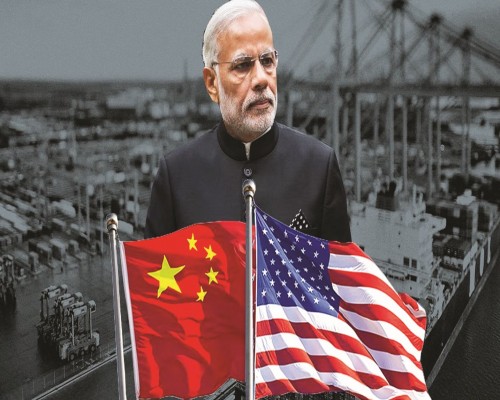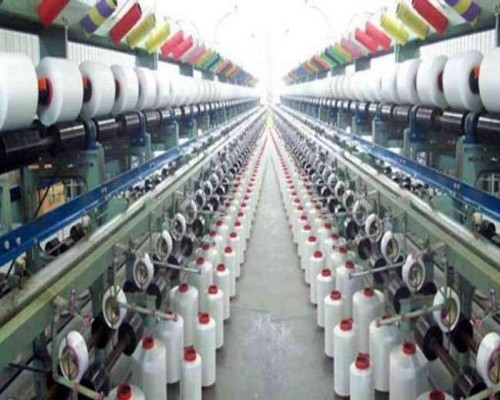India Could Benefit from the Ongoing Trade War

The United States has imposed a 25% tariff on imports from Canada and Mexico starting Monday. Meanwhile, China continues to face a 20% tariff on its exports to the U.S. These trade restrictions could create new opportunities for India in global markets.
With the U.S. looking to diversify its supply sources amid ongoing trade tensions, India has a chance to increase its exports to the American market. The Indian government is actively working on strategies to capitalize on this opportunity, particularly in sectors where China is losing its competitive edge.
India’s Export Potential Amid Trade Disruptions
Currently, India's exports to the U.S. include processed food, meat, fruits, and other agricultural products. Experts suggest that India can expand its share in these sectors. For instance, Mexico exports $10 billion worth of vegetables and $11 billion worth of fruits to the U.S. annually. With China exporting $438 billion worth of goods to the U.S. in 2024, India's industries see an opportunity to replace some of these Chinese exports.
India's trade with the U.S. is already significant, with annual exports worth $90 billion. With additional trade barriers on China, India could benefit from the increased demand for smartphones, electronics, auto parts, and industrial goods.
Need to Reduce Import Tariffs for Reciprocal Growth
Experts highlight that for India to fully leverage this opportunity, it must reduce tariffs on key American imports. At present, India imposes an average 7.64% tariff on U.S. goods, while the U.S. charges only 0.4% on Indian electronic exports. A more balanced tariff structure would encourage increased bilateral trade.
The rising tariffs are expected to make consumer goods, food products, and essential commodities more expensive in the U.S., while India could see a boost in demand for its electronics and industrial exports.
With these developments, India has the potential to strengthen its presence in global trade and emerge as a preferred alternative supplier to the U.S. market.























